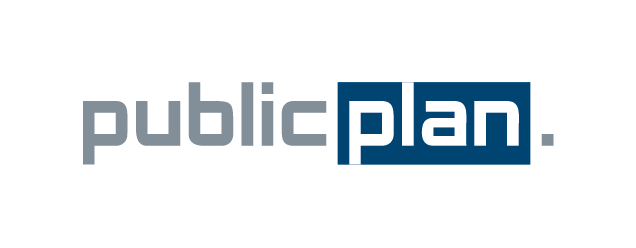Building Open Knowledge Brazil and an Open Gov Data Ecosystem
From Grassroots to Government: Navigating Power, Policy, and Code to Create Open Data Tools and Networks
04.07.2025
Barcamp
Everton Zanella Alvarenga

1
2011 (May-Ago) Innovation Trip travelling accros 12 countries to bring ideas to home country
2
2011 (Jul) Proposal during OKCon, in Berlin, the Open Knowledge Foundation chapter is suggested
3
2011 (Oct) Start invited to work for the OKFn during the Open Government Data Camp, in Warsaw
5
2014-2015 Growth Google Social Impact Challenge, Worl Bank, Avina, FGV etc.
4
2013 (Sep) Founding organization created after circa two years
6
2016 Change new direction - moving to Europe

Network
-
Hosted local meetups, translated key documents, built communication channels.
-
Engaged with journalists, civil society, government and early open data advocates.
You can't just import an NGO model into a new country and expect it to work. We had to localize and co-create it with local stakeholders.”

💲Financial Growth
-
From an initial amount of 15,000 USD, we successfully raised approximately USD 330,000 in one year.
-
We are dedicated to building innovative tools to track public spending and ensure political accountability.
💬 Engaging Government and Civil Society
-
We advocated the publication of data standards in collaboration with civil servants and government institutions.
-
We organized informative workshops and engaging hackathons with journalists and various NGOs (School of Data).
🔧 Built Open Source Civic Tools
-
We created powerful platforms that made government data both usable and easily accessible.
-
Our focus was on ensuring reusability, localization, and advocating open data.
Google Social Impact Challenge
Challenges
💸Funding and Sustainability
-
Civic tech work is often funded as short-term innovation, but long-term maintenance is needed.
-
There is limited local philanthropic infrastructure for digital public goods.
🏛 Institutional Resistance
-
Despite access to information law (LAI), many government agencies were reluctant to release meaningful datasets.
-
Navigating bureaucracy and politics required coalition building and persistence.
Key Learnings
Building and Maintaining a Civic Tech Nonprofit
- Start small, stay agile, and build legitimacy before scaling.
-
Balance activism, technical capacity, and institutional diplomacy.
How to make mistakes
- Be generous when offering criticism. Represent opposing views in their strongest form before disagreeing. This builds trust and keeps the dialogue productive.
-
Admit your mistakes publicly. Being transparent about failure can foster credibility and community growth.
-
Don't be afraid to change your position. Progress requires flexibility and the courage to adapt.
Suggestion: Daniel Dennett's article on mistakes
Minimal
By Everton Zanella Alvarenga
Minimal
- 81



